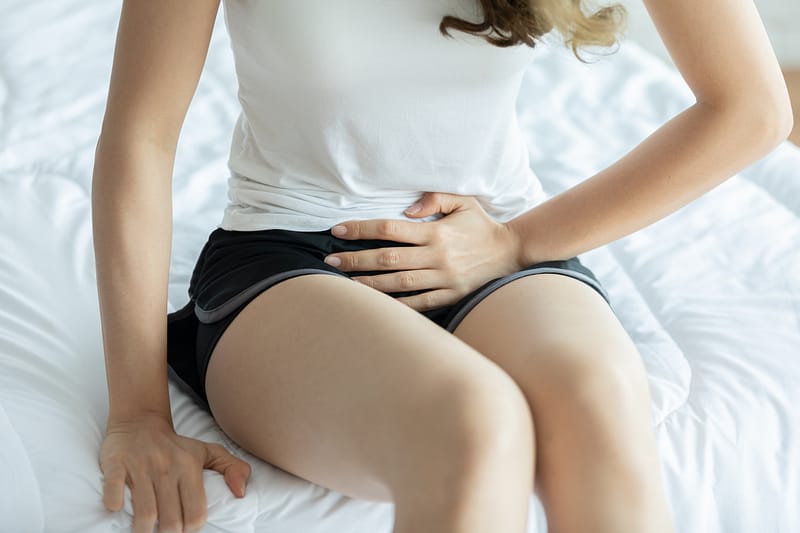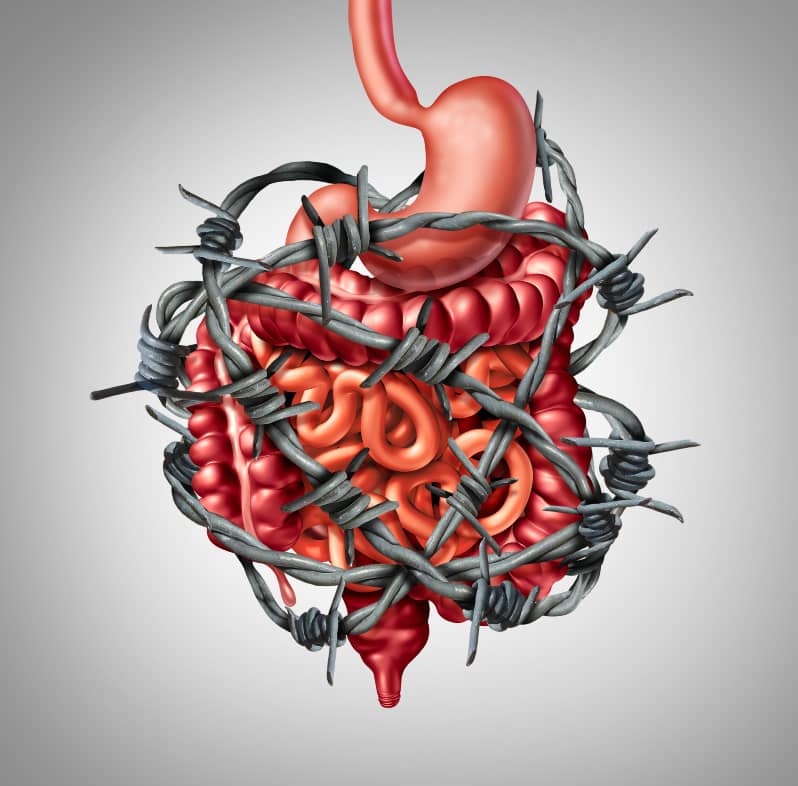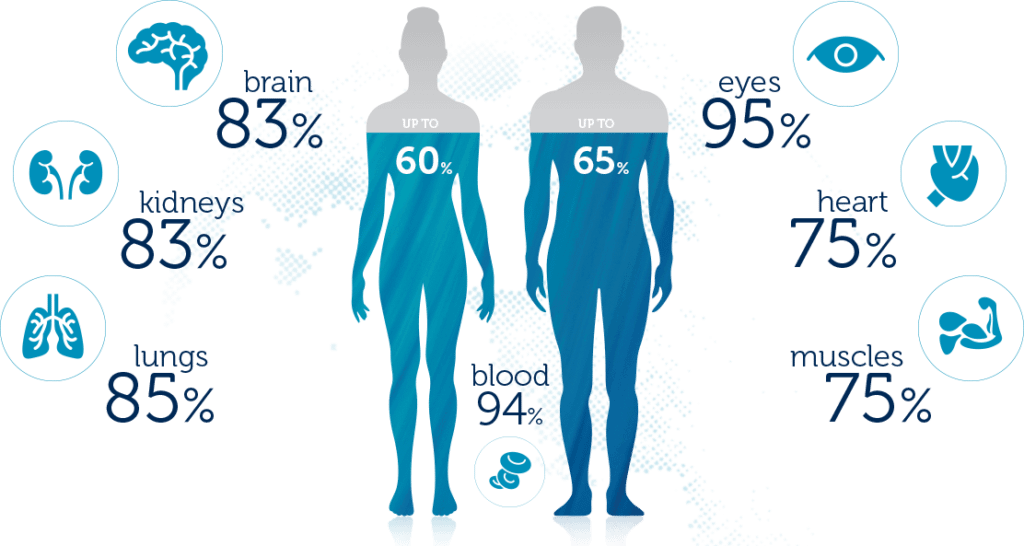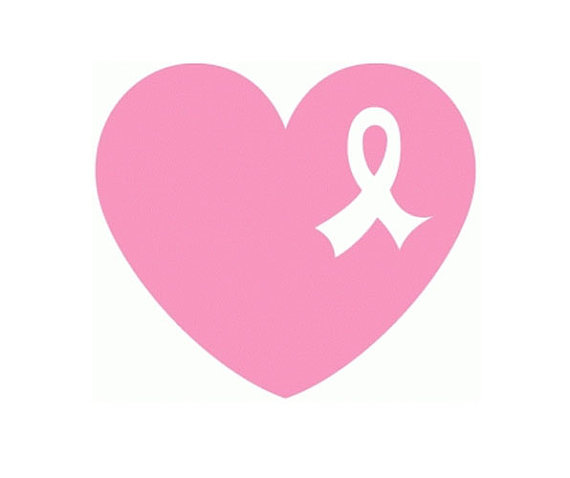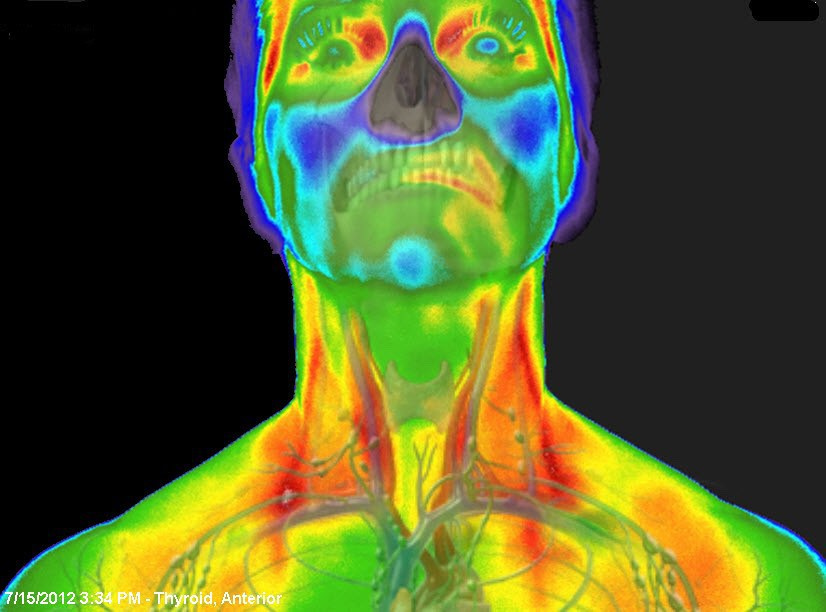It amazes me the increased number of people suffering from gallbladder malfunction and the only form of advice from conventional doctors is to remove the gallbladder. A whooping 750,000 gallbladder surgeries are performed yearly in the USA. The gallbladder is an important organ and all of our organs are necessary so if you can save the gallbladder it is best to do what you can before surgery.
The gallbladder is a filtering organ, bile improves the absorption of vitamin A, E, D, K and filtering of toxins and fats. The gallbladder plays an essential role in the breakdown of fats for digestion. Overtime it can become inflamed, full of sludge, debris and even stones. Does this mean we just remove this important organ?
Reestablishing healthy gallbladder function is not difficult if you use the design of the body to get the job done. We must get cells to communicate, organs to work in harmony together and establish your bodies flow system.
Leaky gut, estrogen, toxins, elimination and emotional patterns all play a role with the gallbladder effectively working.
What are symptoms of a malfunctioning gallbladder?
- Belching
- Gas
- Constipation
- Indigestion
- Pain in abdomen
- Stomach bloat after meals
- Intolerance to rich fatty foods
- Nausea/vomiting
Other factors include emotional connection:
Being overweight or obese might increase your chances of having gallbladder problems, such as gallstones. This seems to be especially true in overweight, middle-aged females due to the effects that hormonal changes (especially of estrogen) seem to have on the liver. Obesity has been shown to contribute to higher levels of cholesterol in the liver and can contribute to many different digestive dysfunctions.
Research also shows that people who don’t maintain healthy weight might experience more inflammation and swelling within the gallbladder, especially if they have large amounts of fat around their waists called visceral fat.
The body is designed to work in harmony with our entire being, emotions are part of our being. The liver produces bile which is stored in the gall bladder. Bile is bitter green liquid that breaks down fats for easier digestion. A lack of bile means that digestion takes longer and you may feel queasy, indicating an inability to break down or assimilate incoming information and a feeling of being unable to cope. Gall, as a characteristic, means assertiveness, bitterness, spite or malice, bilious attacks imply an attack of bitterness or anger, rising up from inside.
- What is making you feel so bitter and bad-tempered?
- What is so emotionally hard to digest or assimilate?
Gallstones occur when the bile congeals, forming small, hard lumps. Their passage out of the body can be extremely painful. As the stones are made from congealed liquid, they correspond to congealed or unexpressed emotion. The stone takes some time to form, so they usually represent resentment that has been building up for a long while. Gallstones indicate the need to soften and ease the bitterness, to realize that it is OK to say no to others and to say yes to your own needs. You do not need to get resentful in order to get what you need.
Common Gallbladder Problems
Gallstones
Some 10 percent to 20 percent of all adults have gallstones, whether they realize it or not. One in every five adults over the age of 65 is believed to have at least one stone. Gallstones that don’t cause symptoms are called asymptomatic, or silent, gallstones. Gallstones (cholelithiasis) are tiny, solid pieces of matter made up of things like calcium and cholesterol deposits that can stick together and become lodged inside the gallbladder. The gallbladder normally contains only liquids and is not meant to store solid matter, which is why even tiny stones rubbing inside the gallbladder can cause pain and inflammation.
When there isn’t enough bile to saturate the cholesterol, the cholesterol begins to crystallize and then forms a solid gallstone.
Risk factors for developing gallstones include:
- Being a woman over 40
- Pregnancy or other hormonal changes
- Birth control
- Diabetes,
- Sedentary lifestyle, obesity
- Family history- having gallstones run in the family
Gallbladder Inflammation (Cholecystitis)
Cholecystitis is usually caused by gallstones blocking passages leading to and from the gallbladder, leading to bile accumulation, duct problems and sometimes tumors. Bile duct problems can contribute to gallbladder issues, but these are rare and only the cause for distress in about 1 percent of patients who need gallbladder surgery.
Some signs you might be developing gallbladder inflammation are having severe pains in your upper right abdomen, pain radiating to your right shoulder, along with nausea or a fever. The biggest risk associated with cholecystitis is the gallbladder becoming so inflamed that it ruptures — often resulting in surgery, hospitalization, and sometimes use of antibiotics and painkillers combined with several days of fasting.
Simple Nutritional Changes Can Help
- Reduce or eliminate refined sugars. Take the Sugar Challenge a 21-day elimination of all forms of refined sugars, along with some helpful whole food concentrates to improve your sugar metabolism. For many people this is the end of their gall bladder problems. By merely reducing or eliminating sugars, people digest fats better and gall bladder symptoms are eliminated.
- Eliminate all Hydrogenated and Trans-fats. These unnatural fats cause undue stress on the body, and block normal, healthy fat metabolism, leading to discomfort and disease.
- Exercise regularly. Brisk walking for 45 minutes five times weekly has been shown to improve gallbladder function.
- Consume natural foods – Salads, vegetables, fruits, seeds and nuts.
- Drink water – not soft drinks, no, not even diet drinks! Drink fluids before the meal, not during or after the meal, as this will dilute the digestive “juices” and negatively influence your digestive process.
Might You Need Gallbladder Surgery?
It’s estimated that 750,000 surgeries are performed every year in North America alone in order to remove patients’ painful gallstones and treat cholecystitis. Surgery is needed most in the occurrence of severe gallbladder inflammation or the development of large gallstones that become very painful. Most gallstones don’t need be removed, however, especially if they don’t cause symptoms (many don’t). It is always important to meet with your physician for proper diagnosis.
At Forum Health Clarkston we have many ways we can help save your gallbladder, we have helped many clients avoid surgery. Let us customize a plan for you.
Forum Health Clarkston
248-625-5143
Resources:
Your body speaks your mind – Deb Shapiro
Dr Josh Axe-Natural ways to heal gallbladder
Web MD-Gallbladder
Living well clinical nutrition center-gallbladder

